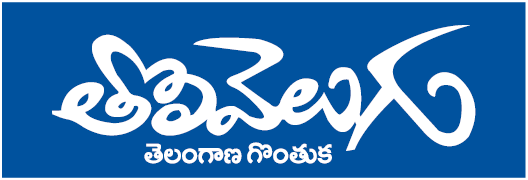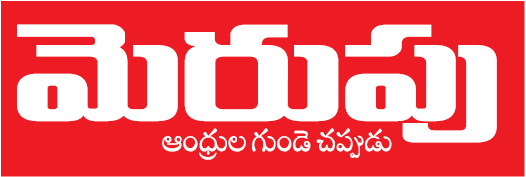The Budget sessions of the Parliament will commence on January 31, with President Droupadi Murmu addressing both Houses of Parliament on the first day. On February 1, the Union Government is set to present the Budget for the fiscal year 2025-26. The sessions will run until February 13, with a second phase scheduled from March 10 to April 4.
The central budget is eagerly awaited by a wide range of stakeholders, including workers and industrialists. Reports suggest that this year’s budget may include an increase in the income tax exemption limit. Additionally, there are speculations that petrol and diesel might be brought under the Goods and Services Tax (GST) regime. Home loan interest exemptions are also expected to see an increase.
READ MORE: Harish Rao Welcomes Interim Order on Krishna Water Allocation; BRS Leaders Celebrate
There is growing anticipation that the Modi government may introduce key reforms aimed at enhancing citizen empowerment, streamlining taxes, and offering new incentives. One of the significant measures expected is the extension of the Women’s Empowerment Savings Certificate Scheme, which is set to expire in March 2025. If the scheme is not extended, a new initiative could be introduced in its place.
Experts also predict that the budget may include proposals such as income tax relief for women and a reduction in the overall tax burden.






